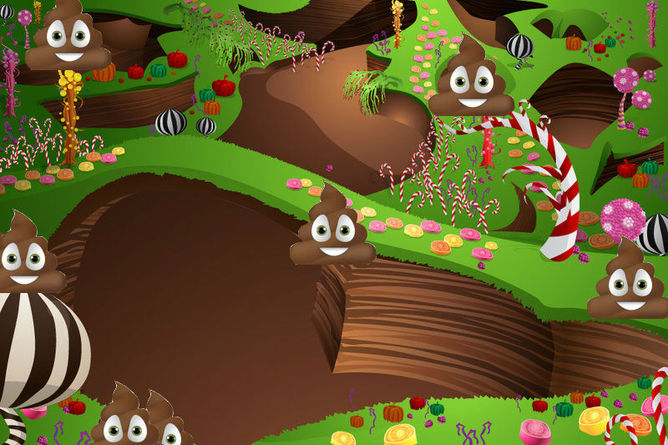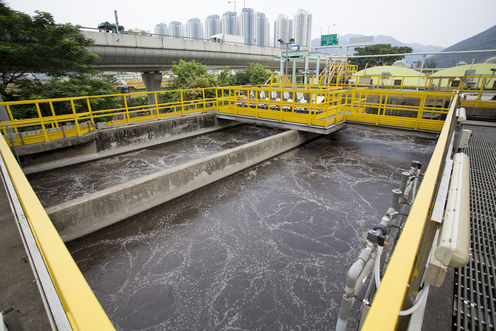 Life-Size Sculptures Uncovered In Pompeii Debunk Myths About Ancient Women
Life-Size Sculptures Uncovered In Pompeii Debunk Myths About Ancient WomenVisitors to the site of Pompeii, the ancient Roman town buried (and so preserved for thousands...
 Is Canadian Patriotism Why Religion Is So Unpopular In The Country?
Is Canadian Patriotism Why Religion Is So Unpopular In The Country?In 1961, less than one per cent of Canadians identified as having no religion. In 2021, 43 per...
 Red Alert Fatigue - Why Americans Are Getting Immune To Political Hysteria
Red Alert Fatigue - Why Americans Are Getting Immune To Political Hysteria“I am definitely not following the news anymore,” one patient told me when I asked about her...
 She's Not Going To Propose This Holiday And Here's Why
She's Not Going To Propose This Holiday And Here's WhyThe Christmas period isn’t just for presents, sparkling lights and too much festive food –...




 Scientists can be victims of sexual abuse from their peers just as in any institution. Credit: Minerva Studio
Scientists can be victims of sexual abuse from their peers just as in any institution. Credit: Minerva Studio









